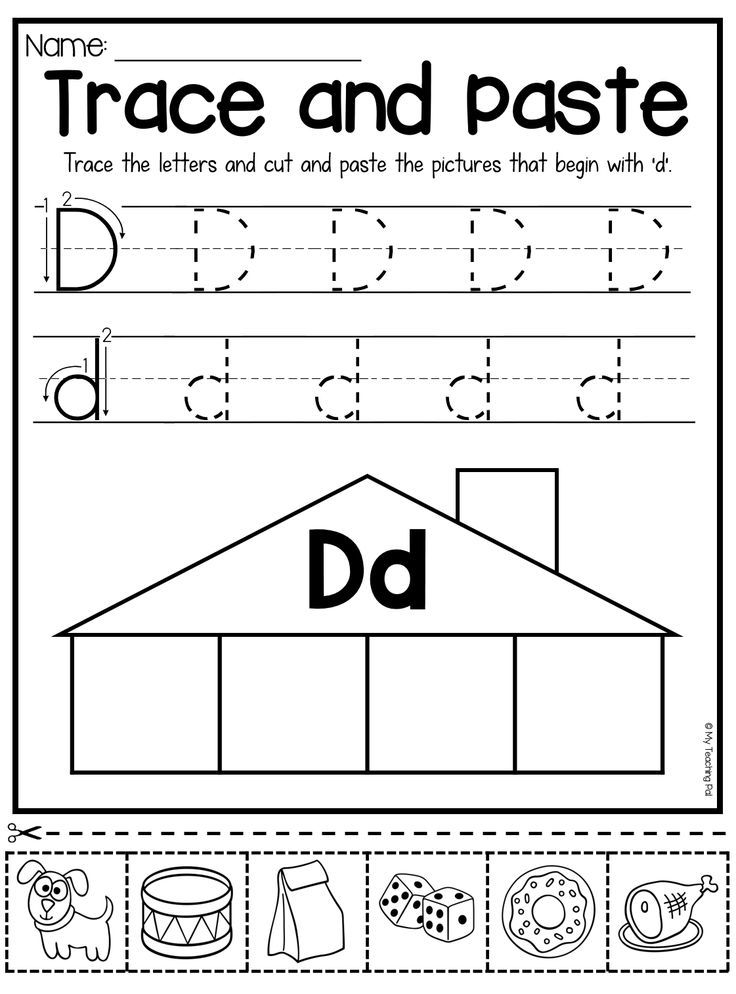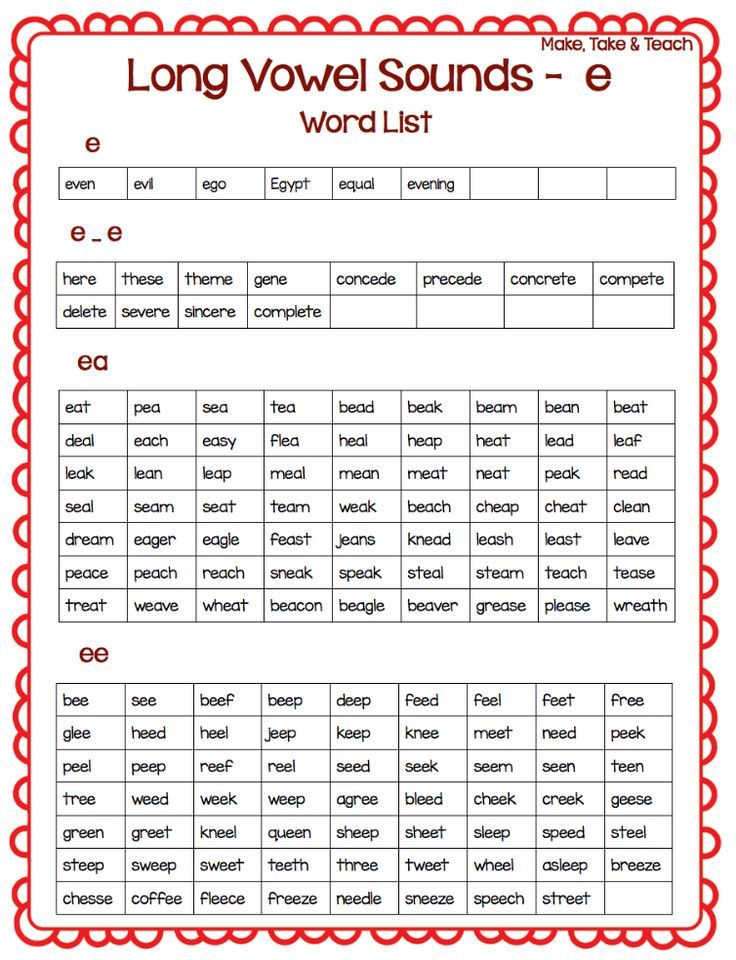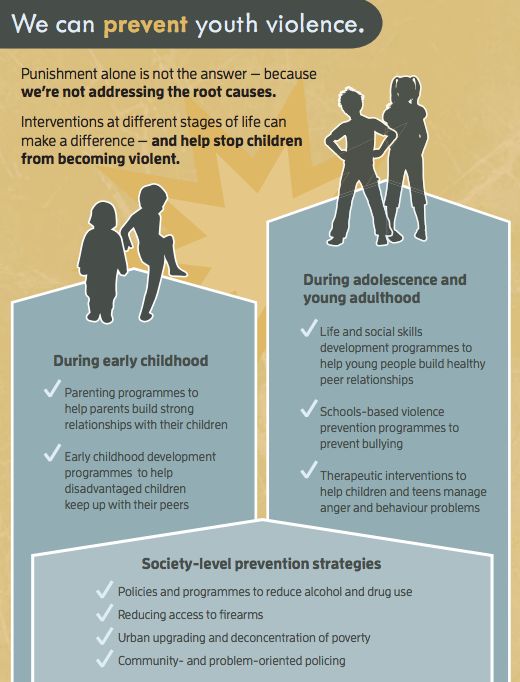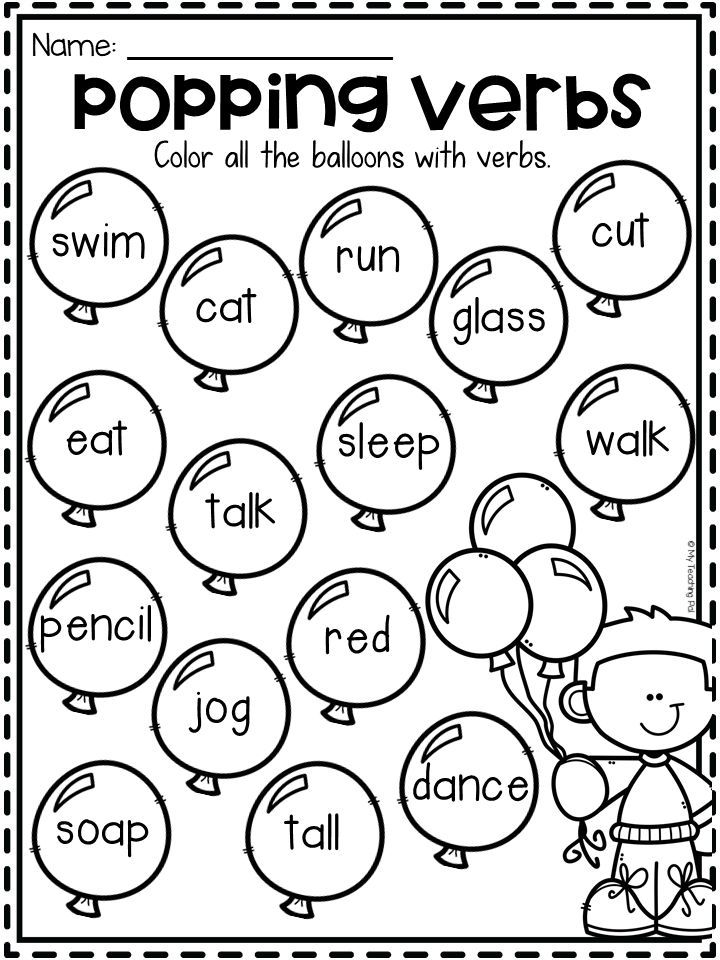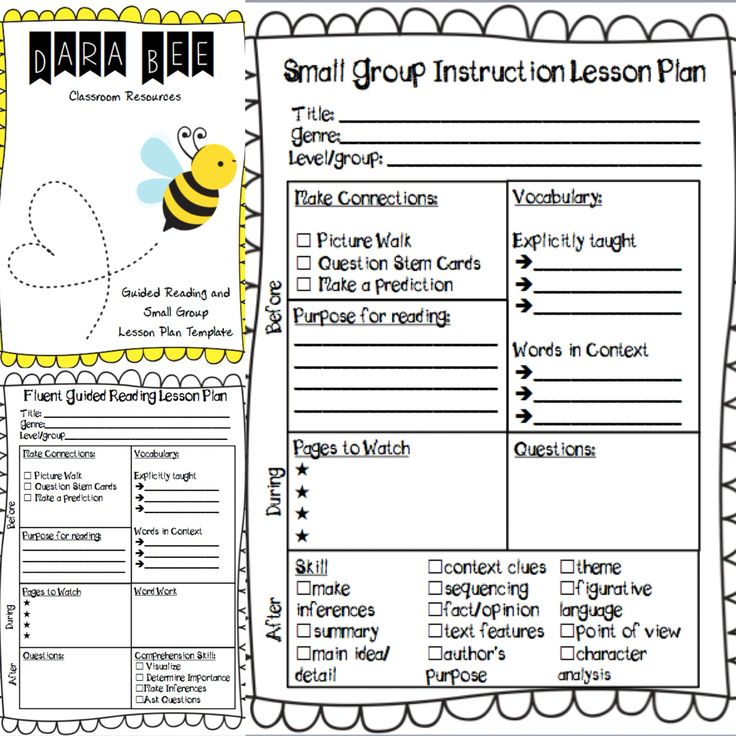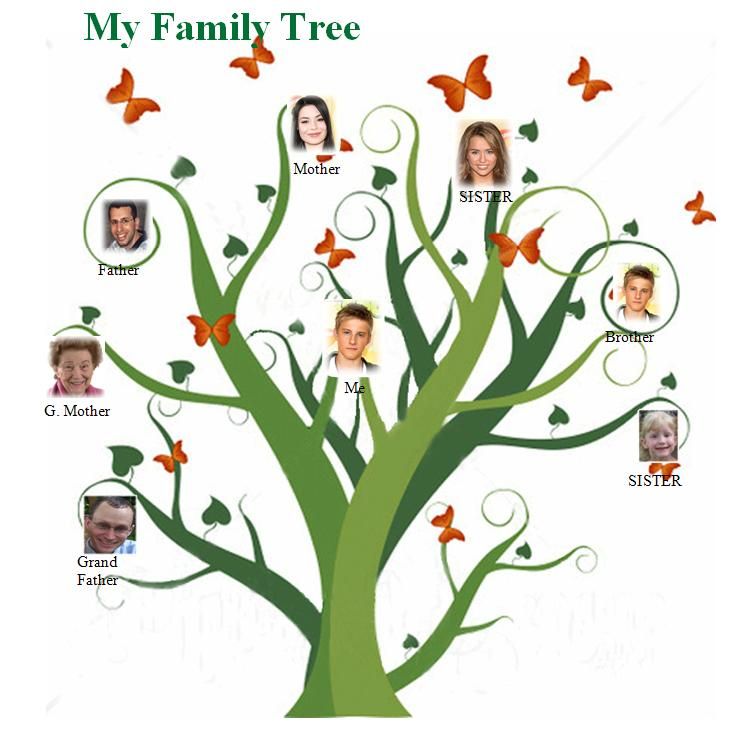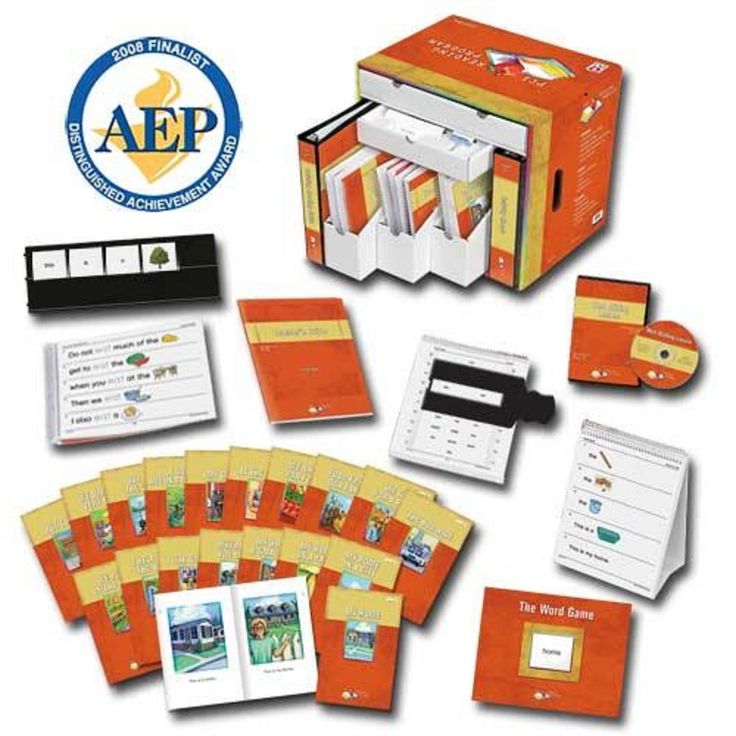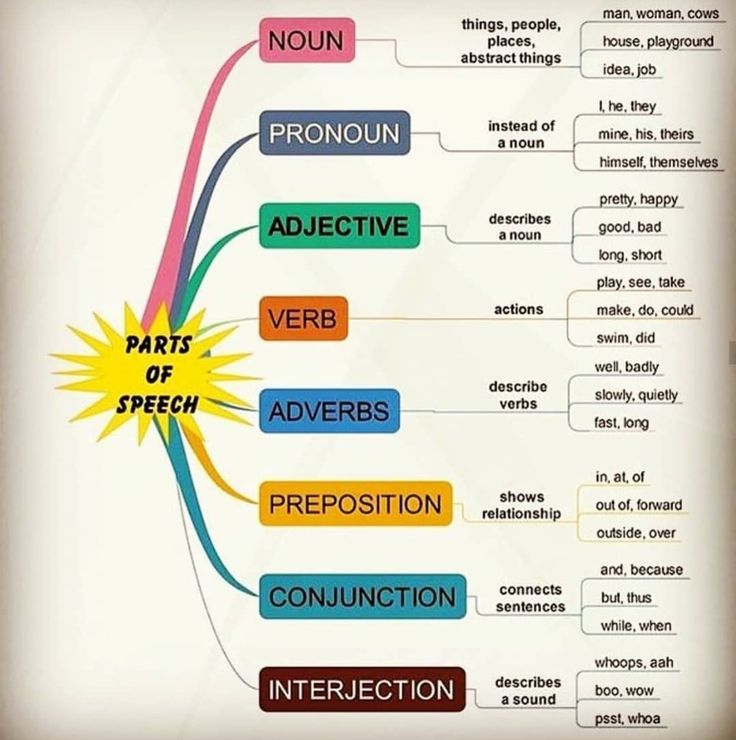Games that teach spelling
Classroom Spelling Games for Grades 2-6
Looking for an engaging spelling game to play with your students? Look no further! We’ve collected together a fun list of classroom spelling games suitable for students in grades two to six.
1. Buzz Off Spelling Game
Have students stand in a circle. Choose a person to start and say the word to spell. In succession moving from person to person around the circle, each student says the next letter in the word until the entire word is spelt. The next student says ‘buzz’ and then the next ‘off’ and that final student sits down. Any student whose letter misspells the word also has to sit down. Keep playing until only one student remains standing.
2. Spelling Team Tic Tac Toe #1
Divide students into two teams. Draw a large tic tac toe grid on the whiteboard. Students from each team take turns to orally spell an allocated word correctly. If they are correct, they add an x or o to the grid for their team. First team to three in a row wins the round.
3. Spelling Team Tic Tac Toe #2
Divide students into two teams. Draw a large tic tac toe grid on the whiteboard. Give each team a different coloured whiteboard marker. Students from each team take turns to spell an allocated word directly onto their choice of square on the tic tac toe grid. If they spell the word incorrectly it is erased. First team with three correctly spelled words in a row wins the round.
4. Snowball Spelling Game
Onto a small sheet of white paper write the grapheme for a sound the class has been studying, e.g. ‘ir.’ Scrunch the paper up into a ball. Throw the paper ball to a child who must unwrap the paper and say a word containing that sound. The child then throws the paper ball to another child who has to spell the word. They then throw the ball to another child who has to say a sentence that includes the word. They then throw the ball to another child who starts the sequence again with a new word that includes the sound.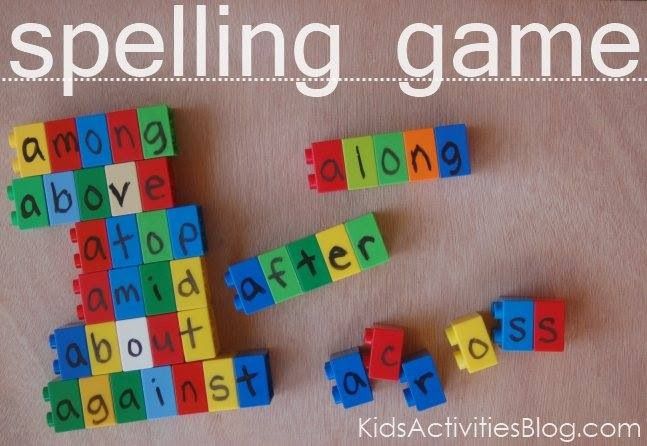
5. Spelling Swat It!
Divide students into two teams. Write the spelling words randomly onto the whiteboard.
Stand the first two players, with their backs to the board, a short distance in front of it. Give them each a plastic fly swat.
Call out a clue to identify the spelling word. For example, “This word means…” or “Rhymes with …” The two players must then race to be the first to swat the correct word on the board. The winner must then turn away from the board and spell the word correctly to win a point for their team.
6. Spelling Word Relay
Divide the students into teams. Each team lines up a short distance away from the whiteboard, facing the board. The first person in each team starts with a whiteboard marker.Call a word for the students to spell. The first student in each team races to the board and writes the first letter of the word and then runs back to pass the marker on to the next team member who writes the next letter of the word, and so on.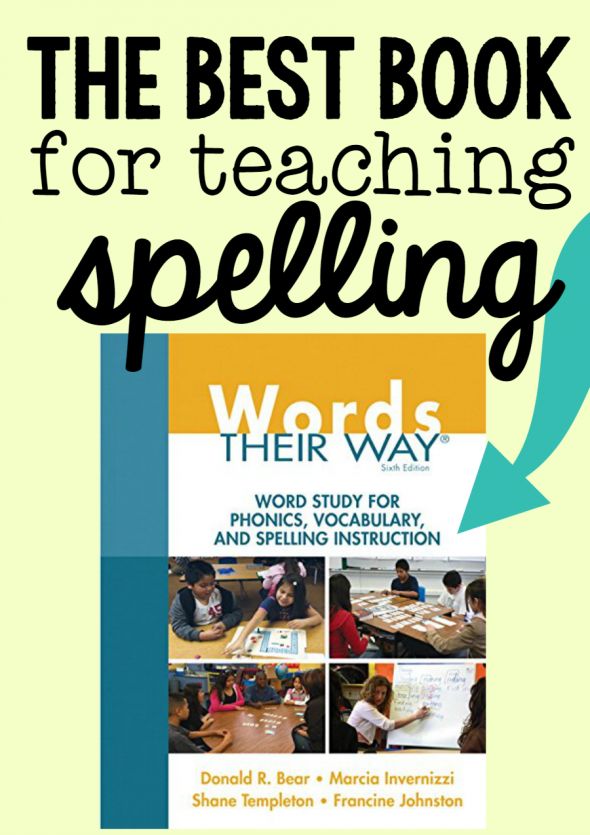 Team members can correct an incorrect letter on their turn but they may not add a new letter. The first team to correctly spell the word scores a point.7. Spelling Who Am I?
Team members can correct an incorrect letter on their turn but they may not add a new letter. The first team to correctly spell the word scores a point.7. Spelling Who Am I?
Write each spelling list word onto a post-it note. Divide students into two teams. The first student from the first team sits on a chair at the front of the room, facing the rest of her team. Place the first post-it note onto the student’s forehead. The goal is for the chosen student’s teammates to give him or her clues to what the word on his forehead is, without revealing the word directly. They can use rhyming words, synonyms, antonyms, guestures, etc. After they guess the word correctly, the student then has to spell the word. If they spell the word correctly, they score a point for their team. Repeat with the first team member from the second team, and so on.
8. Unscramble
Line students up into two or three teams facing the class whiteboard. The first person in each team has a personal whiteboard and a whiteboard marker and an eraser and turns to face away from the class whiteboard.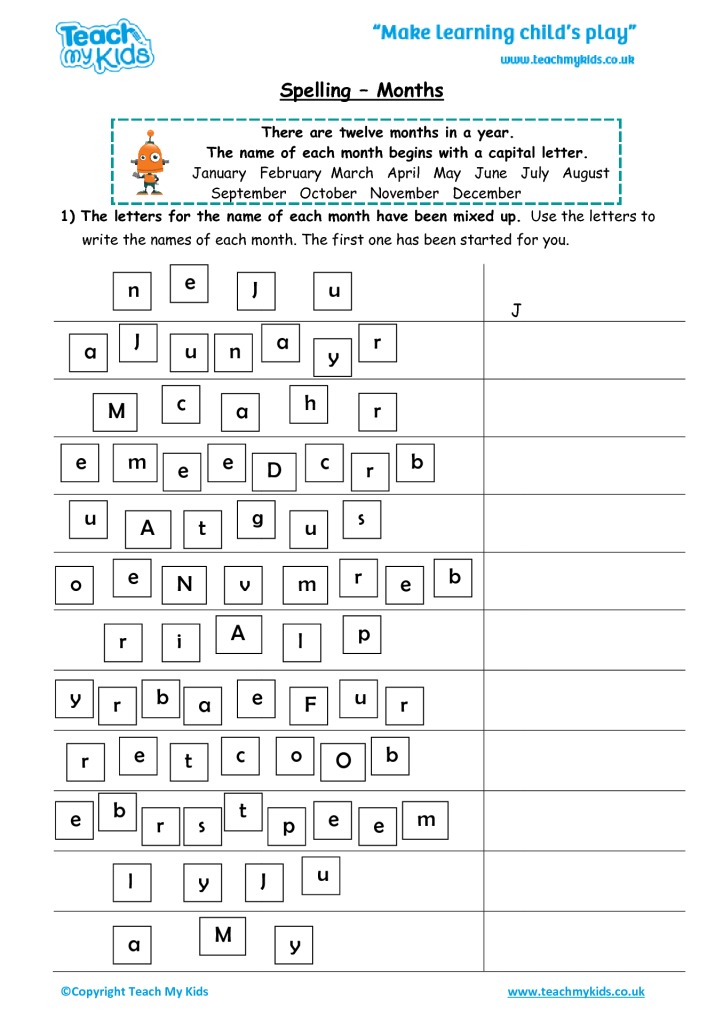 Write a jumbled version of the first spelling word on the class whiteboard. On ‘Go!’ the team members turn to face the board. The first of these students to write the unjumbled word (spelled correctly) onto their personal whiteboard and holds it up to the teacher wins a point for their team. They then pass the whiteboard onto the next team member and play continues with a new jumbled word for each round.
Write a jumbled version of the first spelling word on the class whiteboard. On ‘Go!’ the team members turn to face the board. The first of these students to write the unjumbled word (spelled correctly) onto their personal whiteboard and holds it up to the teacher wins a point for their team. They then pass the whiteboard onto the next team member and play continues with a new jumbled word for each round.
9. Missing Letters
Played in the same manner as Unscramble but the words are written onto the classroom whiteboard with blank lines in the place of some of the letters. For example, b_c_ _se for the word because.
10. Invisible Man
Line students up into two teams facing the whiteboard. Draw two large stick people on the whiteboard, one in front of each team, each must have the same number of body parts. Call out a word for the first member of team one to spell. If they spell it correctly they may erase one body part from the other team’s stick person.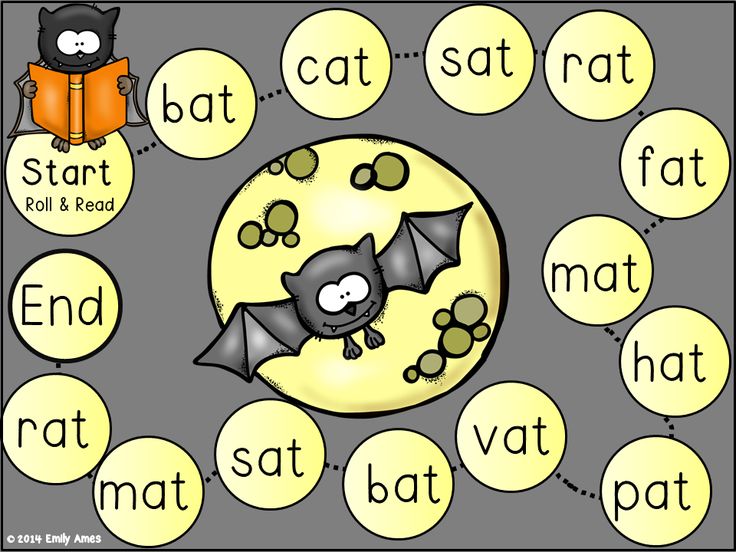 Call out a word for the first member of team two to spell, and continue on until one team’s stick person is completely erased. The erasing team is the winner!
Call out a word for the first member of team two to spell, and continue on until one team’s stick person is completely erased. The erasing team is the winner!
11. Spell-O
Each student chooses five spelling words and writes them onto a piece of paper. Write the alphabet in large print across the whiteboard. Cross out the letters of the alphabet, one by one. As each letter is crossed out, students cross out that same letter as it appears in each of their own words. First student to cross out all of the letters in all of their words wins.
12. Dictionary Challenge
This game works best with students in the upper elementary/primary grades. Divide students into teams. Each team will need a dictionary. Students choose a player from their team to go first. Call out a word. The elected students from each team race to be the first to find the word in the dictionary. The person who succeeds scores a point for their team. The dictionary is then passed to the next person in each team and the process repeated.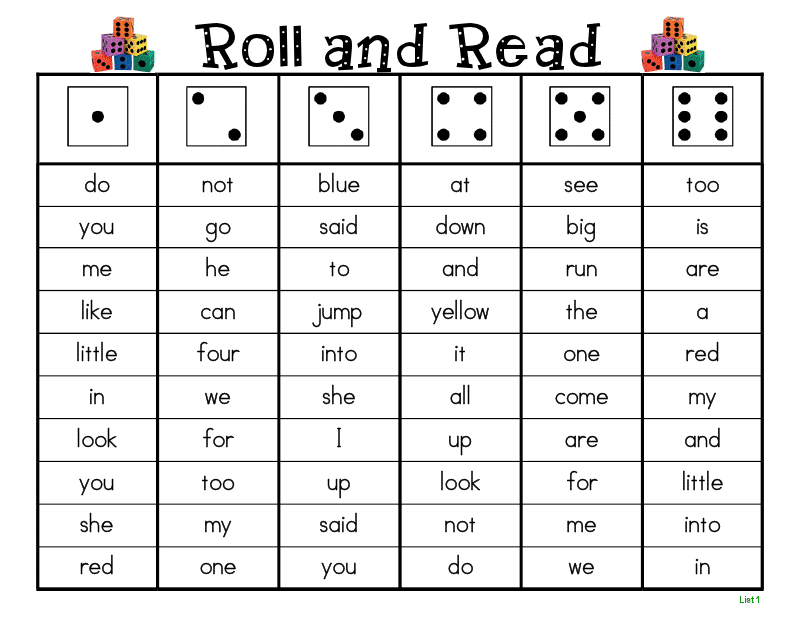
Christie Burnett is a teacher, presenter, writer and the mother of two. She created Childhood 101 as a place for teachers and parents to access engaging, high quality learning ideas.
Classroom Games that Incorporate Spelling
Teachers know that one of the things students dislike the most is studying for a spelling test. Memorizing spelling words can be boring, and oftentimes students tend to forget how to spell the words soon after the test is over. Classroom games incorporating spelling provide students with a fun way to learn words, they help students remember words over a longer period of time, and they give students an understanding of how words are formed.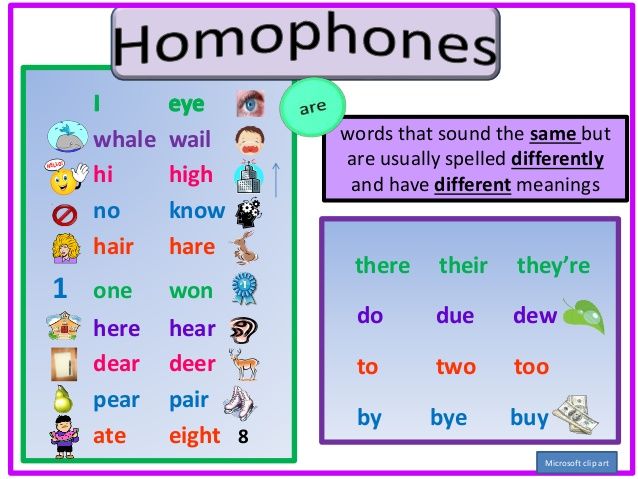 Incorporating classroom games about spelling into your weekly schedule will not only reinforce words that students need to learn, but they will also reinforce good spelling study habits.
Incorporating classroom games about spelling into your weekly schedule will not only reinforce words that students need to learn, but they will also reinforce good spelling study habits.
Here are a few fun classroom games about spelling to incorporate into your weekly lessons.
Spelling Word Relay
Word relay is a fun and competitive spelling game for all ages.
How to Play:
Divide students into two teams. Have each team stand in a line (just like you would in a relay race) one behind the other. When the teacher says go, the first team member of each team races to the board and has to write a spelling word that begins with the last letter of the word that was written on the board. For example, the teacher would draw a line down the center of the board and on each side would write one word. For this example the word is “clock.” The team member that is at the board would have to write a spelling word that starts with a “k” such as knock. If they do not have a spelling word that starts with a “k,” then they move to the letter before, which in this example would be “c.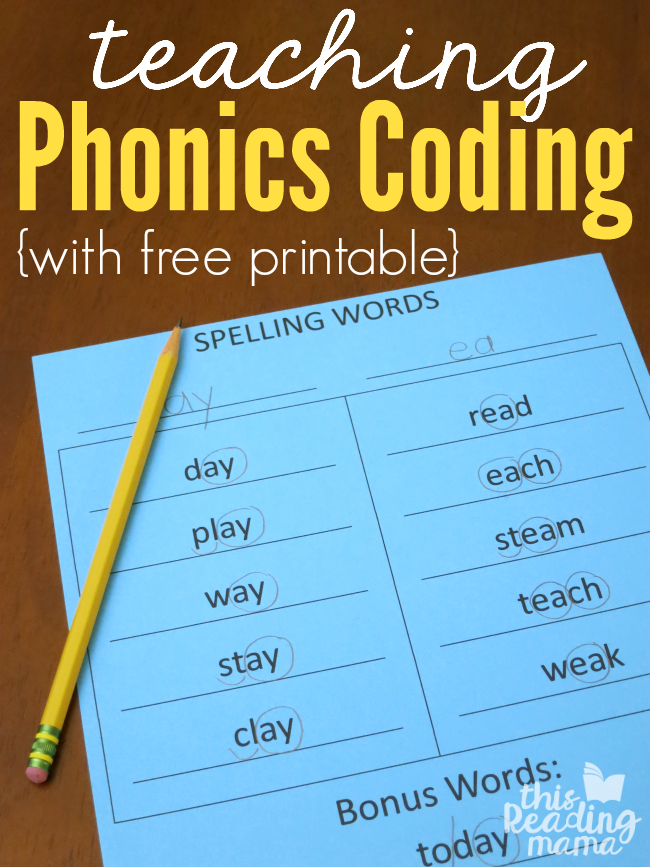 ” Once the team member writes the word they quickly pass the chalk or marker to the next person on the team, and so on, until all of the members have gone. The first team to finish wins!
” Once the team member writes the word they quickly pass the chalk or marker to the next person on the team, and so on, until all of the members have gone. The first team to finish wins!
Sink and Spell
Sink and spell is just like the game Battleship. It is a fun spelling game that is played with a partner to help reinforce spelling words.
How to Play:
Pair students together and give each student a sheet of paper. Have students draw a grid with letters on the top and numbers on the side. Then have students write about five of their spelling words in boxes on the grid they made. Students take turns calling out boxes. If they call out a box and a letter isn’t there then that is considered a miss. The goal of the game is to find the spelling words. The first one to find all of the words wins.
Spelling Squares (Tic Tac Toe)
This is a Tic Tac Toe spelling game to help reinforce spelling words.
How to Play:
Divide students into teams of two.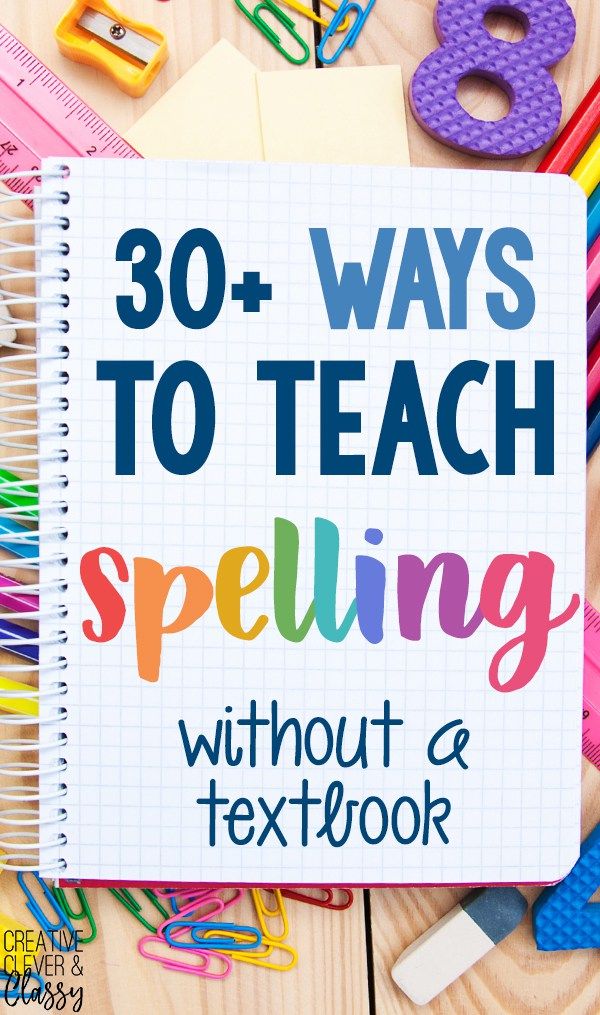 Each team gets a pile of their spelling words, along with a tic tac toe board. The first player draws a card from the deck and reads the word to their partner. The partner then spells the word. If they get it correct they draw an “x” or an “o” on the tic tac toe board. If they get it wrong then they cannot place anything on the board. Then the next player goes, and so on. This continues until someone gets tic tac toe.
Each team gets a pile of their spelling words, along with a tic tac toe board. The first player draws a card from the deck and reads the word to their partner. The partner then spells the word. If they get it correct they draw an “x” or an “o” on the tic tac toe board. If they get it wrong then they cannot place anything on the board. Then the next player goes, and so on. This continues until someone gets tic tac toe.
Spelling Boom!
Spelling Boom is a fun hands-on spelling game to reinforce spelling words. This game can be played with a partner, in a large group, or with a small group.
How to Play:
To play Spelling Boom you must write spelling words on popsicle sticks or small index cards. Make sure to write the word “Boom” on a few of the sticks or cards. Each player blindly draws a stick or card and hands it to the teacher or another player to read the word. If they spell the word correctly they get to keep the stick or card. If they answer it incorrectly then they must put it back into the cup or pile.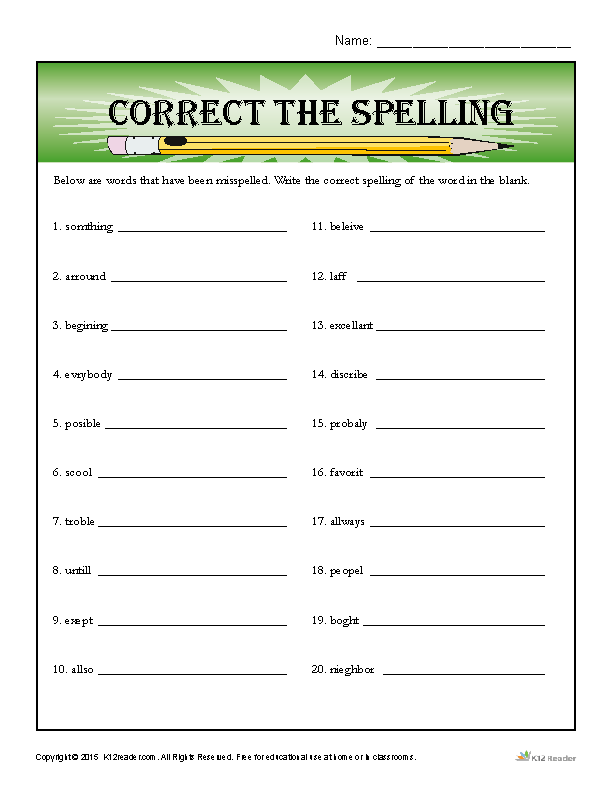 If the student chooses a Boom stick or card they must put back all of the words that they have collected so far. The person with the most sticks or cards at the end of the game wins!
If the student chooses a Boom stick or card they must put back all of the words that they have collected so far. The person with the most sticks or cards at the end of the game wins!
Word Jump
Word jump is a physical classroom spelling game to help students remember their spelling words.
How to Play:
The teacher writes a few spelling words on a piece of paper and places them on the floor. The goal is to have students see how many words they can jump on correctly when the teacher says the word. For example, the teacher would say the word “fox” and students would look on the ground and have to be the first to jump on that word.
Try and incorporate as many classroom spelling games into your weekly schedule as you possibly can. Not only are they beneficial for students, but they give students something to look forward to. Games are fun!
10 word games that will entertain the whole family
They will help pass the time for those who are very, very bored, and at the same time train their memory and repeat the rules of spelling.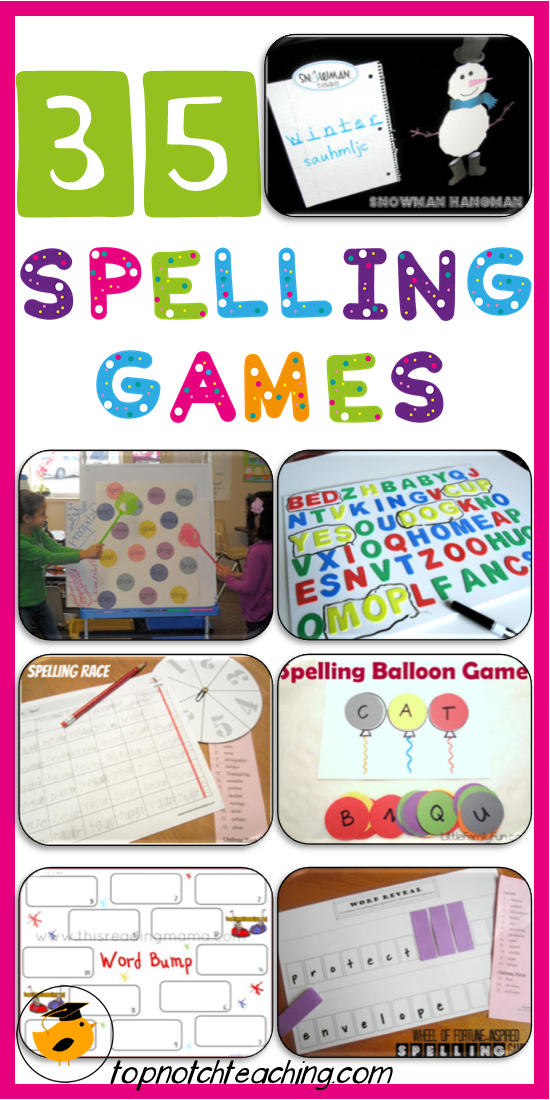 These games have a huge plus: they don't need any "special equipment" at all. You can play at home (and without being distracted from other things: at the same time, for example, removing toys), in the car and even on the phone when you are forced to be in quarantine.
These games have a huge plus: they don't need any "special equipment" at all. You can play at home (and without being distracted from other things: at the same time, for example, removing toys), in the car and even on the phone when you are forced to be in quarantine.
1. “Two letters”
A complicated version of the usual word game: you need to come up with a new word not for the last letter, but for the last two: "parsley - cabbage - plate - cuttlefish - heron - frog - quarantine".
2. "What's in the middle?"
Name any 2 letters: for example, "P" and "A". The task of other players is to come up with as many words as possible, where "P" will be the first", "A" - the last. "turnip", "rhyme", "rumba", "rocket", "rowan", "chamomile", "reconnaissance" and even "reconnaissance"!
3. “Packing the suitcase”
The driver says: “I'm going to the country house and I'm taking some important things with me” and lists 2-3.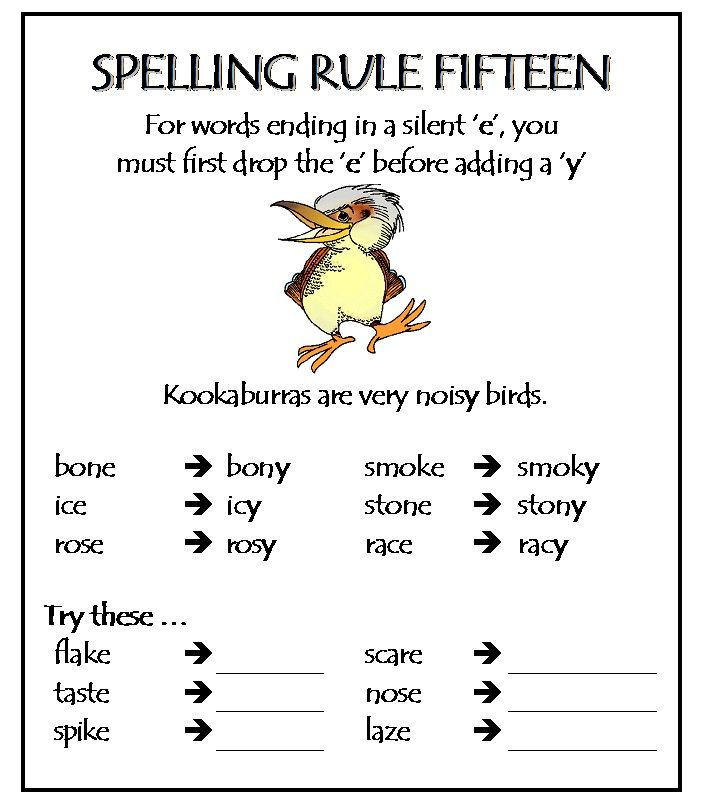 The trick is that all these things have one common feature. (It is better to choose something non-obvious). For example, he thought that he takes everything yellow with him. And he says: "I take a bottle of oil and a bouquet of buttercups."
The trick is that all these things have one common feature. (It is better to choose something non-obvious). For example, he thought that he takes everything yellow with him. And he says: "I take a bottle of oil and a bouquet of buttercups."
Players should be asked questions (Can I bring my bike? Cat? Textbook?) trying to figure out how things get into the suitcase. nine0005
4. “Where did the vowels hide?”
Name 2 (for older children you can also 3.4) vowels: "I", "A". You need to quickly come up with words that have these vowels. It can be complicated by agreeing that they should be in a certain order: “fox”, “willow”, “cornfield”, “nettle”, “titmouse”.
5. "Guess the homonyms"
Guess a couple of homonyms (words that sound the same and different in meaning) and describe: "It can be small and iron - noisy and wet" ("key"). What other homonyms can you think of? nine0012 "Bow, weasel, brush, pen, mink, leaf, mouse, shop, braid, kiwi, fox".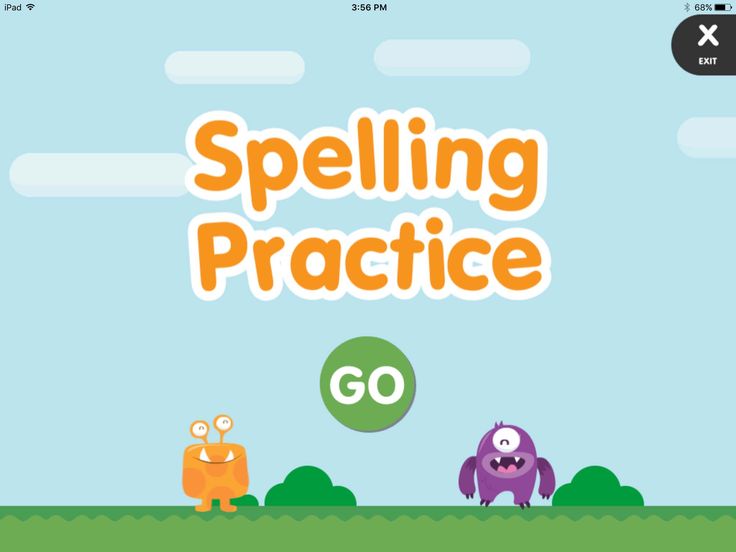
6. “What is right? «
Name any feature - the other player must quickly list any items that match it: the more, the better. For example, you say "warm". What is suitable? “Compote”, “rain”, “hugs”, “wishes”, “battery”…
7. “Five words”
The main thing in this game is to keep a fast pace. The one who drives asks the question: "What can ... write?" The other player must quickly list 5 words: "Letter, essay, poetry, dictation, testament" . We change places: "What can be ... broken?" "Vase, cup, heart, ice, plate" .
8. "Confusion"
Name any word by confusing syllables or letters in it, the child's task is to guess and name correctly. "shokak - cat", "fonsmart - smartphone", "asmoronid - currant".
9. Alphabetically
You must list all the objects that you see around you, starting with the first letter of the alphabet.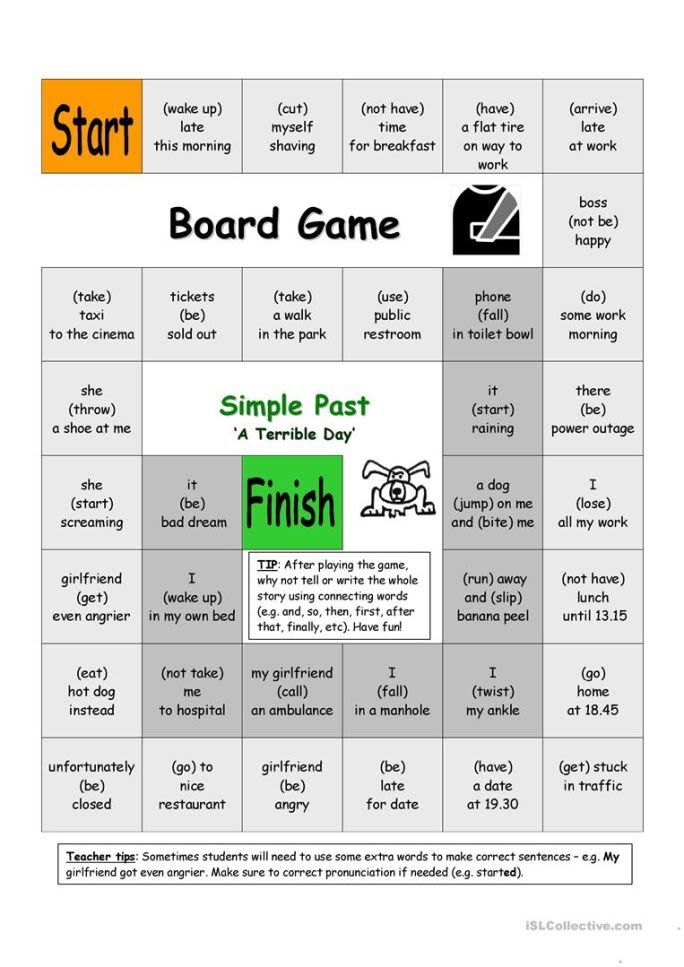 Everything on "A", then on "B", and so on. For example, in an apartment it is "azalea", "mezzanine", "album", "arch", "baton", "balcony", "beads" ...
Everything on "A", then on "B", and so on. For example, in an apartment it is "azalea", "mezzanine", "album", "arch", "baton", "balcony", "beads" ...
10. "Continue the word"
The leader calls any syllable, players take turns (as quickly as possible!) must continue it so that the word “ be- - birch, coast, insomnia, run, gasoline” ...
Read also:
10 finger games to prepare the hand for writing
8 games to develop attention
How to teach a child to play independently? nine0005
Photo: Olga Pedan, Bilibin Maksym, Maya Kruchankova/shutterstock.com
game development
Game exercises for learners of the Russian language at the initial stage: spelling
Game tasks serve as a means of teaching the language, developing students' speech skills and abilities .
At the initial stage, when teaching the Russian language, foreign students accumulate vocabulary, so it is advisable to use tasks in the classroom that stimulate the memorization of language material.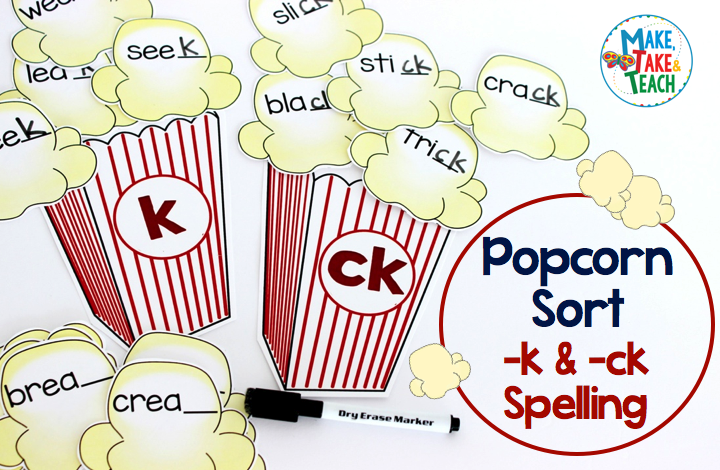 nine0005
nine0005
You may be interested in “Mini-course for Russian as a foreign language teachers: grammar in the classroom”
We offer game tasks as an example, the purpose of which is to train the spelling of the studied vocabulary in a variety of forms.
Preparing for the game. The teacher must prepare several groups of words with mixed letters, each group refers to a topic.
Description of the game. Students work individually or in pairs. To attribute words to a topic, 1 minute is given for each group of words. nine0112 The winner is the one who scored the most correct words.
Here is what I eat for breakfast:
Olmkoo Kisosis
Yrs Lasat
Aych Efok
(milk, cheese, tea, sausages, salad, coffee)
Alternative. Have each team prepare a list of jumbled words for the other teams to try to guess. Each group of words should be united by one topic.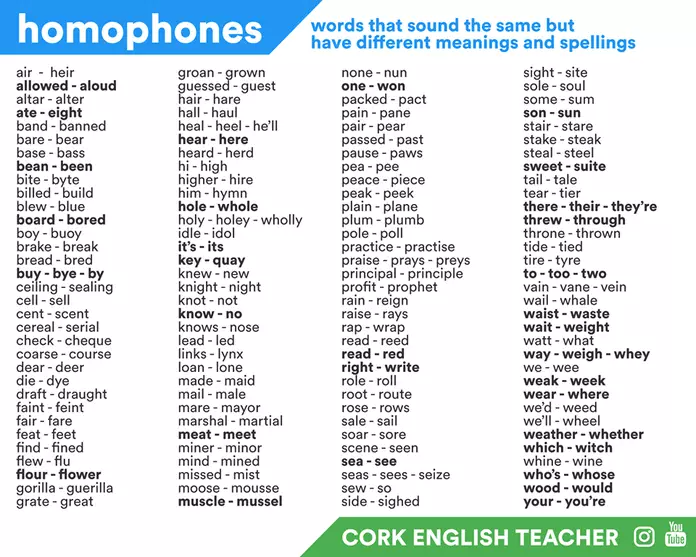 This is a good way to get students to learn new words in a text. nine0005
This is a good way to get students to learn new words in a text. nine0005
Description of the game. Divide the class into 2 or 3 teams. Then write the long word on the board as many times as there are commands, spacing more than usual between the letters. For example:
GOOD GOOD
The first member of each team runs out and writes the word below. The word must begin with one of the letters that go into the word well. Number 2 does the same, then number 3, and so on. They all write one word at a time.
e.g. , after the fourth numbers from each team run out, the following entry should appear on the board:
Score one point for each letter in each correctly spelled word. Give an extra 3 or 5 points to the first team to finish their comb, provided they didn't spend too much time on it.
(A lot of time is wasted because the students try to copy the “combs” of their comrades.)
Description of the game.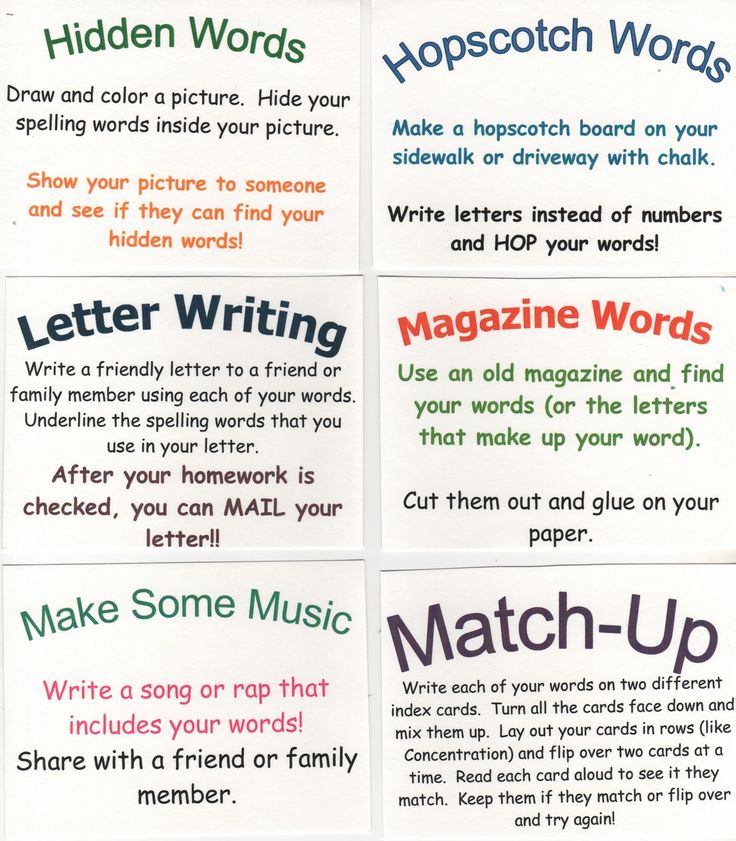 This game is similar to a crossword game, but is easier to adapt to different rules and learning levels. Each student needs to have several "snakes". nine0005
This game is similar to a crossword game, but is easier to adapt to different rules and learning levels. Each student needs to have several "snakes". nine0005
Students correctly fill in the “snake” with words so that there are no free squares and the letters do not go beyond the contours of the “snake”. The competition is to see how many students can complete the "snake" with correctly spelled words in a limited period of time, such as three or four minutes.
In this form, the game can be played once or twice at an early stage.
You might be interested in the course “Games in Russian as a Foreign Language”
The game can also be played in pairs or groups of 3 or 4; they compete with each other.
One point is given for each correct word, one point for each letter, and points are deducted for spelling errors
Alternatives
(1) Play the game as above, but use words from one topic - weather, sports, home, garden, geography or clothing.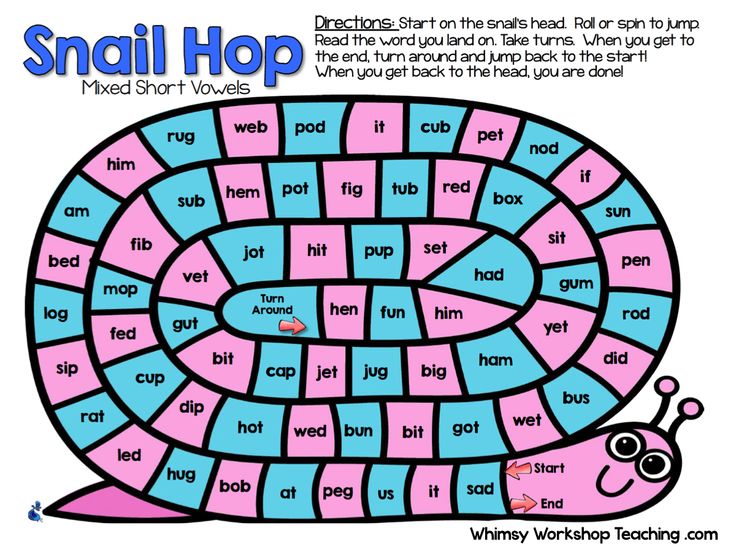
(2) Work only with nouns, adjectives or verbs. nine0112 (3) Divide the class into groups of five or six. Students complete only one word per person, passing "snake" around the group. Two or three students can write more than one word. The group that completes the "snake" first is the winner.
(4) Play the game in pairs. Two students take turns filling in the words in the "snake". The student who manages to complete the "snake" is the winner.
Each pair requires at least three kites.
(5) An even more difficult option. "Snake" must contain a whole sentence. Play in pairs, each player contributes additional words. nine0112 The pair that finishes correctly wins.
The samples of game exercises presented by us in teaching spelling allow the teacher to train and test the studied language material in various forms.
Articles on the topic
- Podcasts in Russian for native speakers and students
- My lucky nine, or Is there an ideal RFL textbook?
- Virtual educational quest for students of Russian as a foreign language: “In search of L.
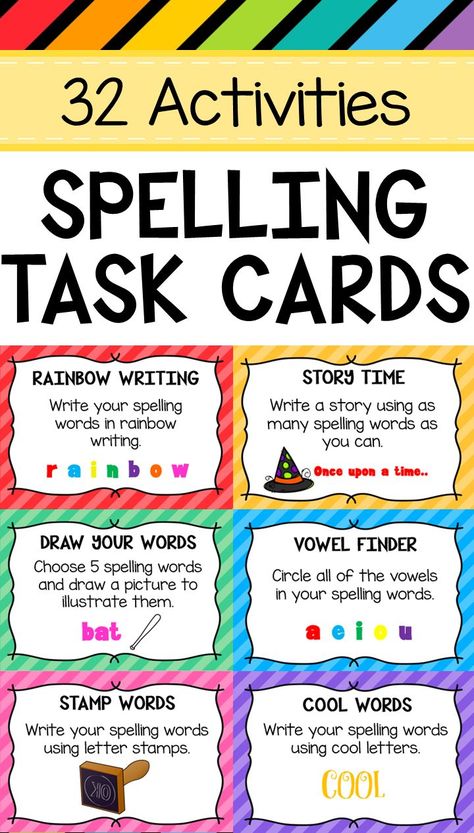
Learn more

